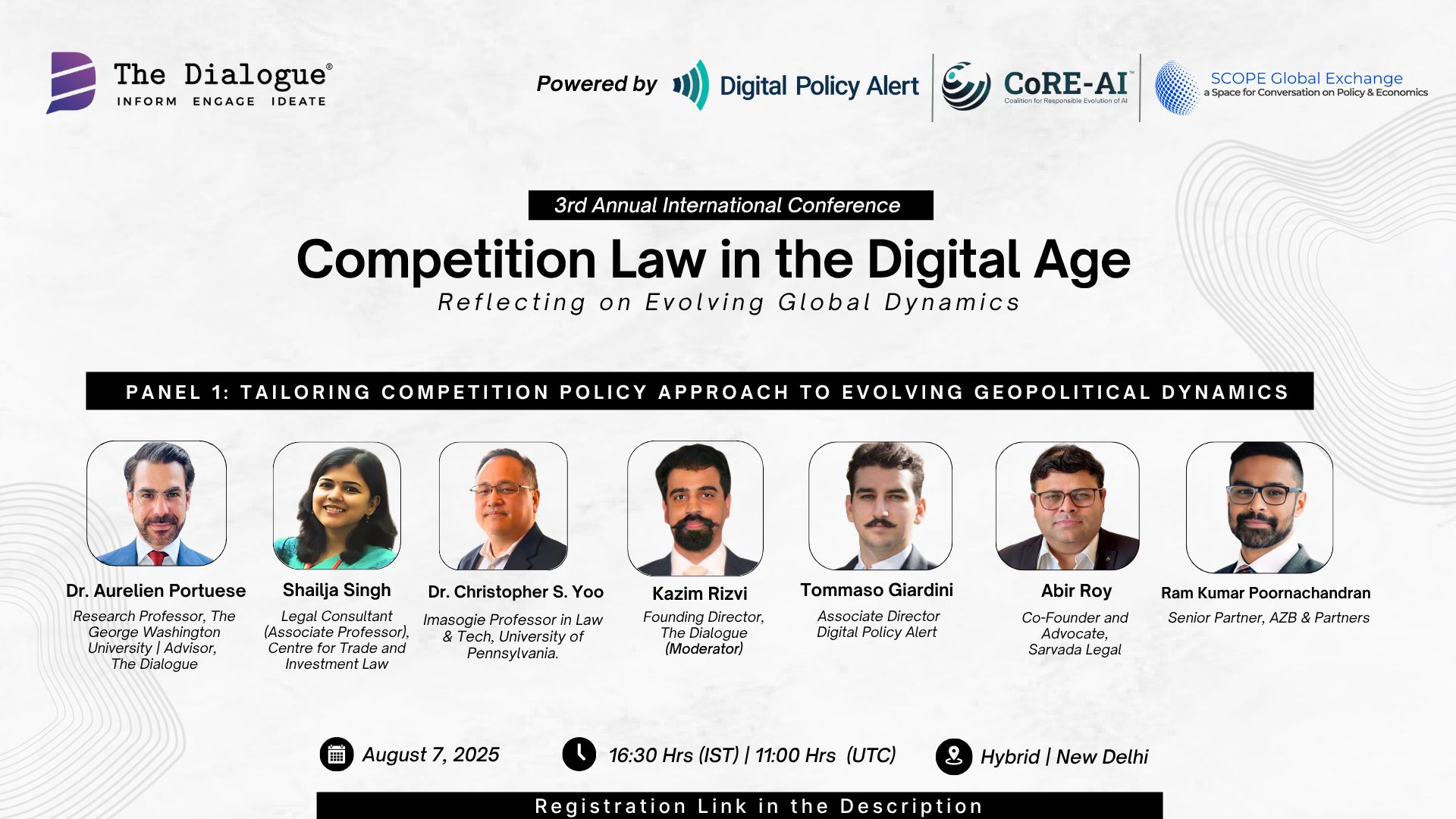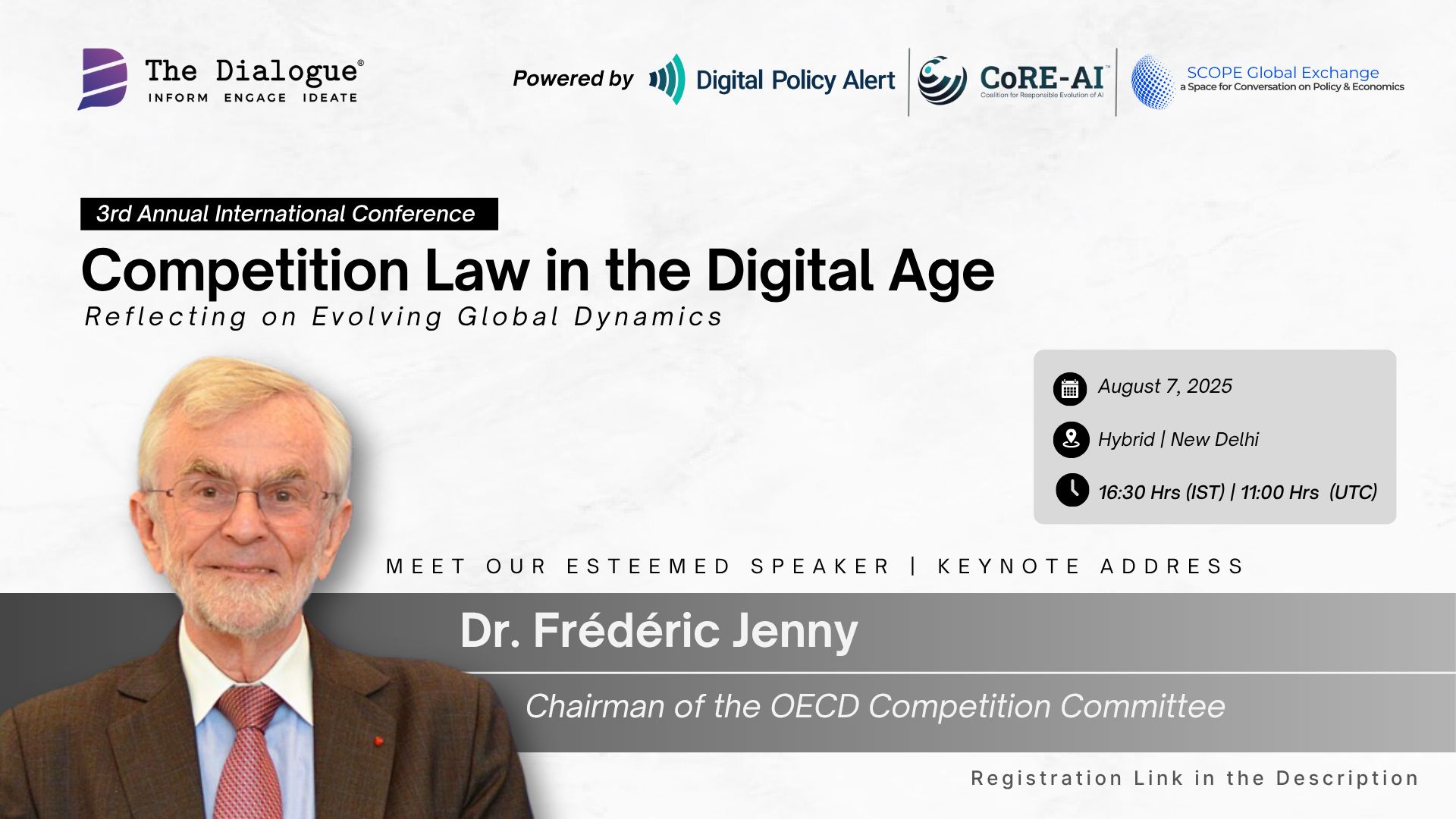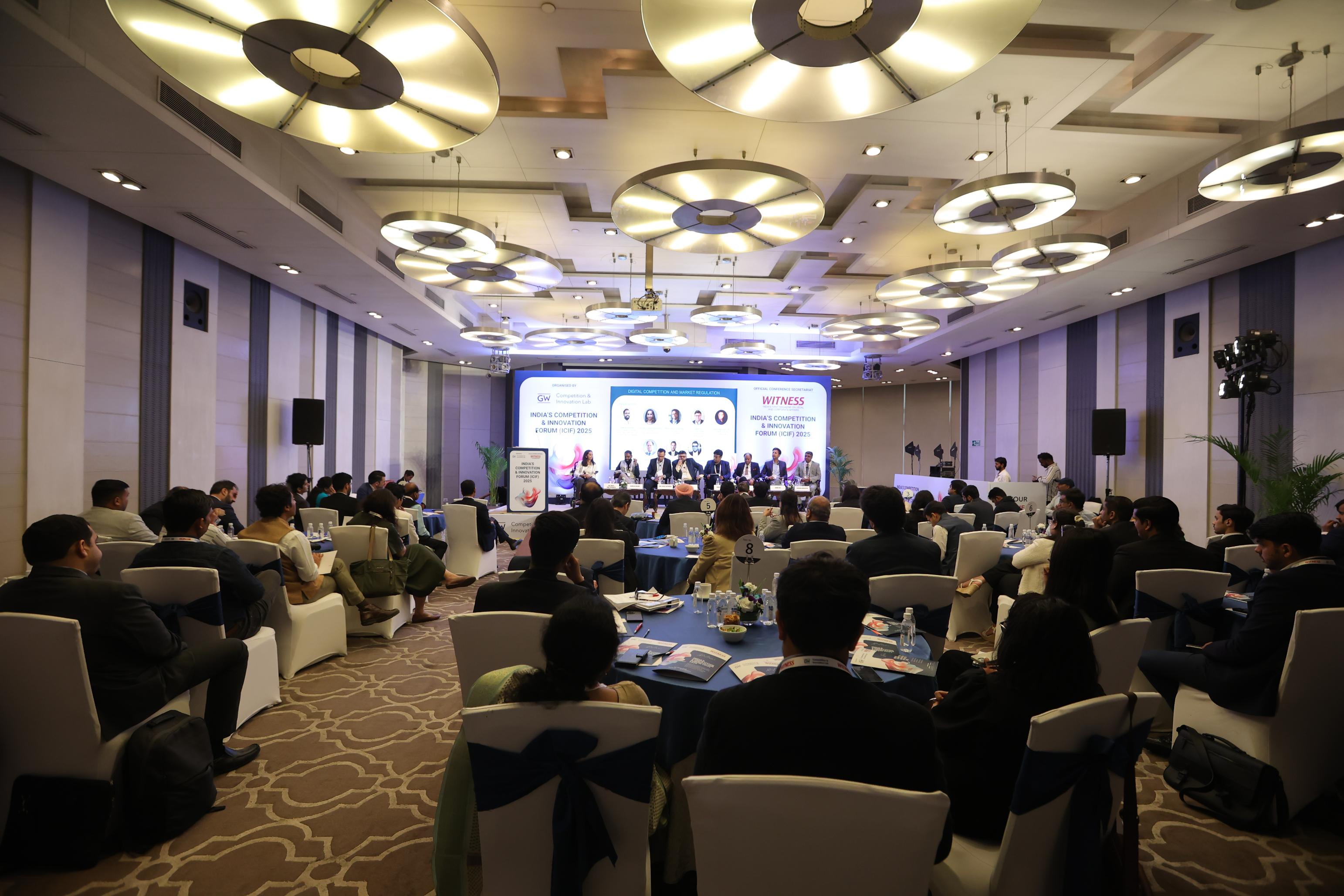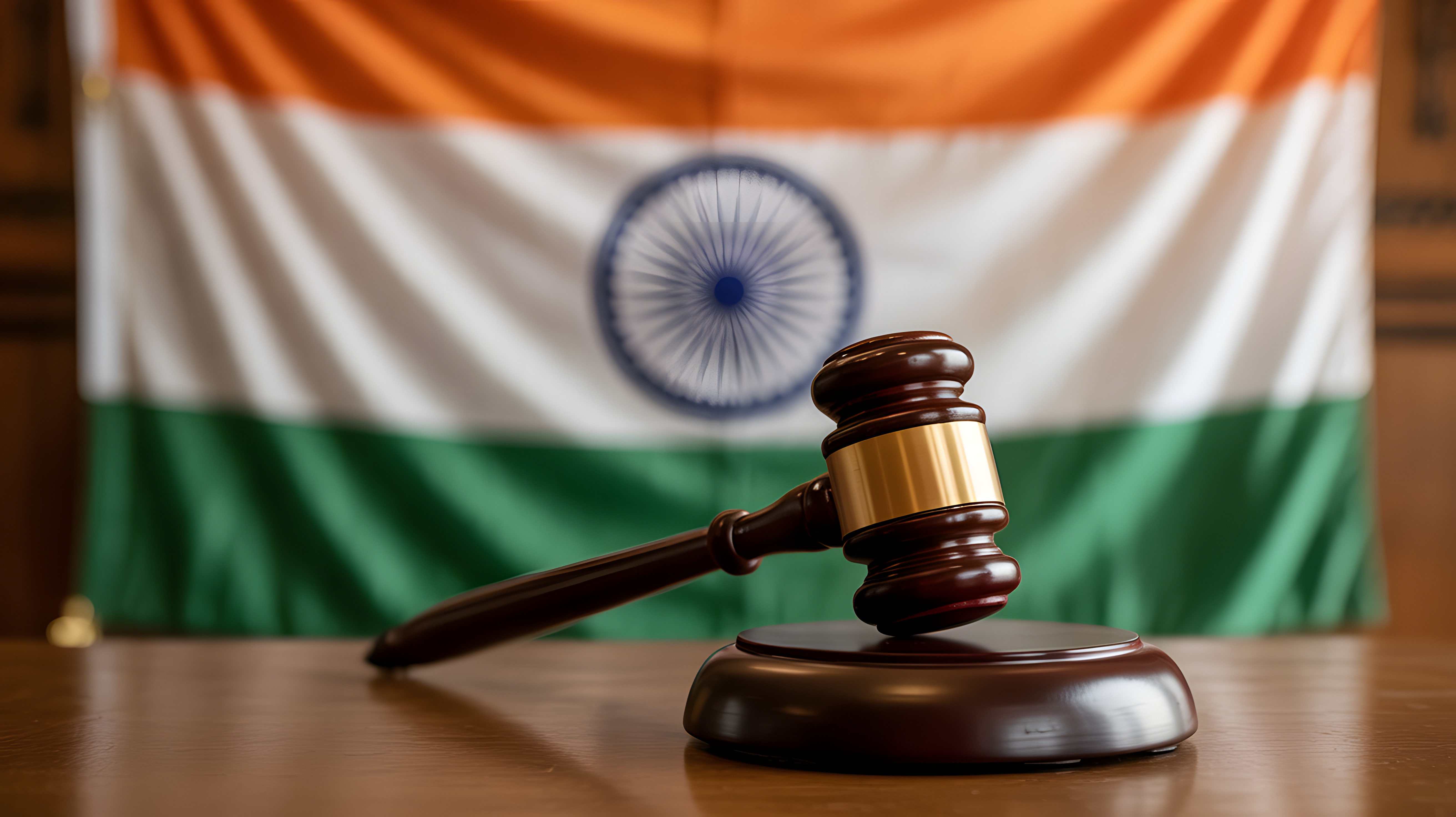Competition Law in the Digital Age
Reflecting on Evolving Global Dynamics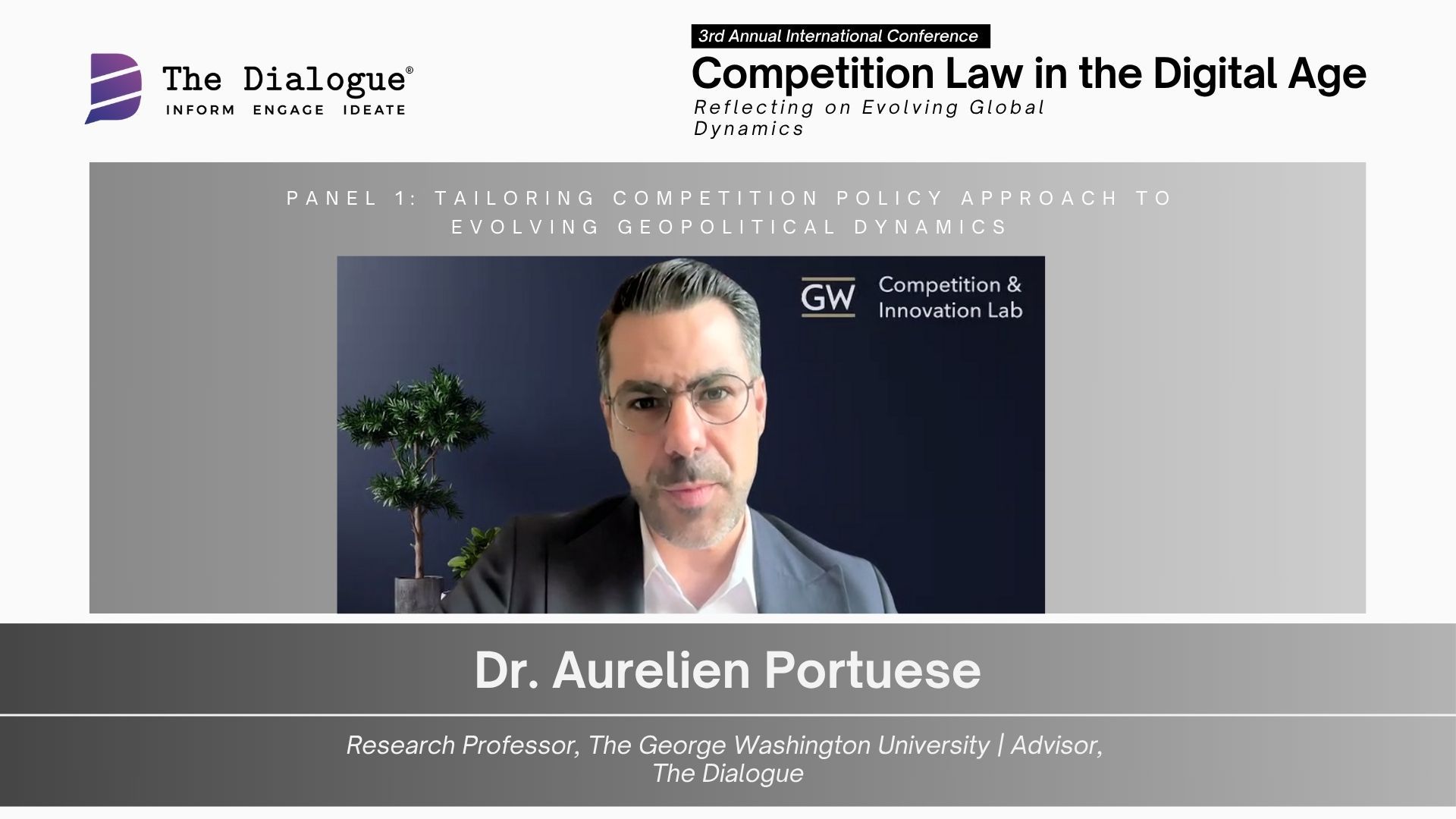
India’s trade strategy is increasingly focused on comprehensive agreements that go beyond just market access to also support broader economic and regulatory goals. The US is negotiating with India to finalize an interim trade deal aimed at reducing proposed tariff rates. In ongoing negotiations with the European Union (EU), there is growing emphasis on aligning priorities in areas like investment, digital trade, and sustainability. A key part of this alignment is competition policy, which helps ensure fair access to markets and enables smoother cooperation between regulators across borders. This trend is also reflected in India’s recent trade agreements, such as the India–UK Free Trade Agreement signed in May 2025, which is expected to boost bilateral trade by £25.5 billion by removing tariffs and improving access to services, and the Trade and Economic Partnership Agreement (TEPA) with the EFTA bloc signed in March 2024, aimed at strengthening investment ties and regulatory collaboration. These developments point to a broader shift toward trade frameworks that reduce friction, support innovation, and build long-term economic partnerships. As India and its global partners adapt their trade and strategic relationships amid shifting global dynamics, it is important to explore how trade and competition policy can work together to promote economic resilience and global cooperation.
In this context, The Dialogue organized a focused roundtable in collaboration with The GW Competition and Innovation Lab to examine how evolving geopolitical trends are reshaping trade priorities, with a particular focus on regulatory cooperation and competition policy as tools to reduce trade barriers.
In addition to this roundtable, Professor Portuese participated in several other panels at this important event, and Frederic Jenny served as the keynote speaker.

